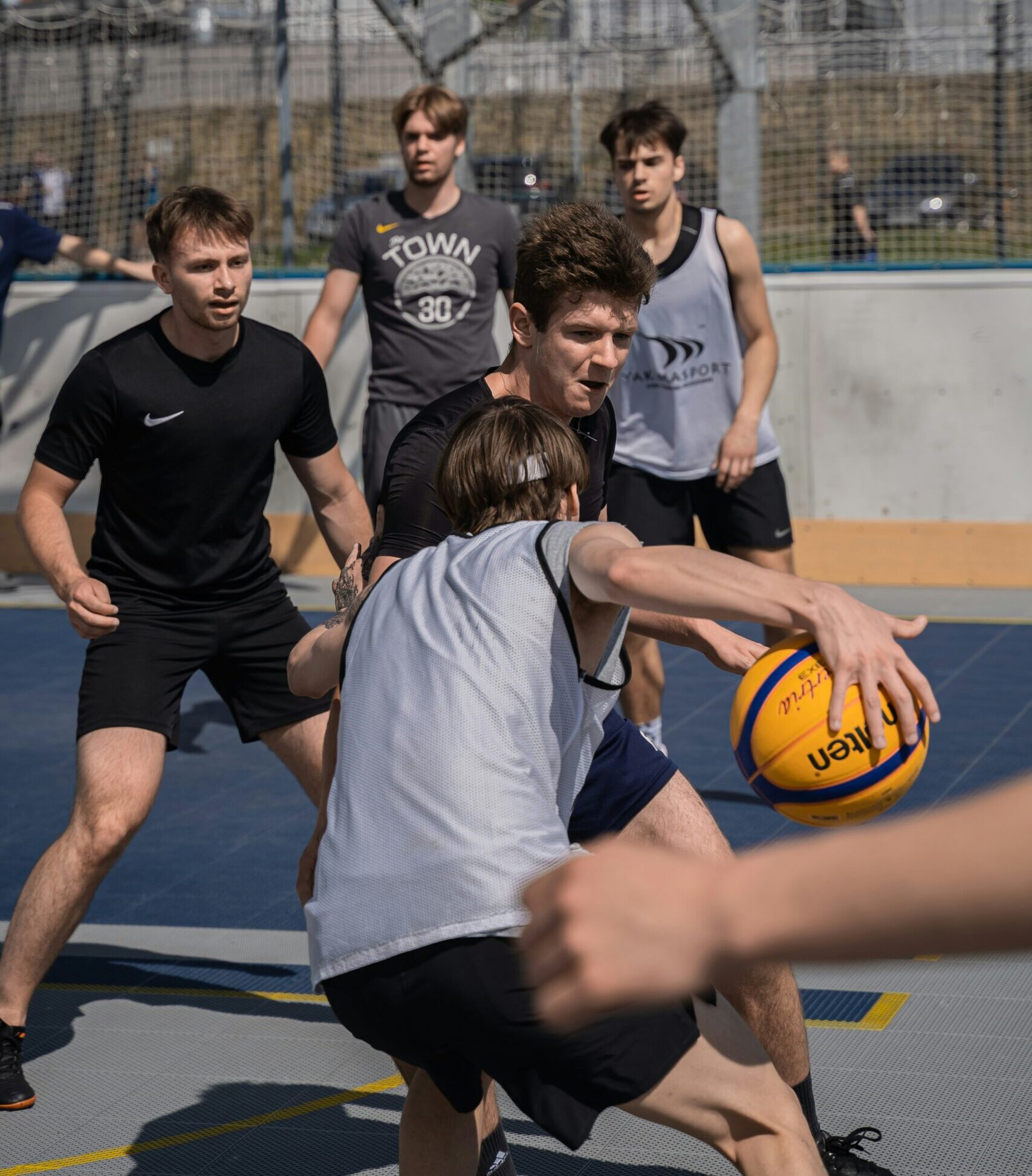
The Role of Exercise Physiologist and Physiotherapy in Treating Lower Back Pain
How Exercise Physiologist and Physiotherapist can help you with lower back pain
Lower back pain is a common issue that affects individuals of all ages, often hindering daily activities and overall quality of life. It can result from various causes, including poor posture, muscle strain, weak muscles, degenerative disc disease, or injury. Both exercise physiologists and physiotherapists play crucial roles in managing and alleviating lower back pain. Through their unique approaches and expertise, both health professionals provide a holistic approach to those suffering from lower back pain. Let’s explore how each of these health professionals can help you on your journey to a pain-free back.
The Role of an Exercise Physiologist:
-
1. Comprehensive Assessment and Evaluation:
Exercise physiologists are specialists in applying the science of physical exercise and its impact on the body. They begin by assessing your subjective history which involves your medical history, health conditions, goals, physical activity, ect. This progresses to an objective assessment where we evaluate your physical condition through a series of strength, flexibility and special tests to identify the factors contributing to your lower back pain.
-
2. Tailored Exercise Programs:
Based on the assessment, exercise physiologists synthesize the information and design personalized exercise programs tailored to your specific needs. These programs often include:
- Strength training, to build the muscles that support the spine, particularly the core muscles, which play a crucial role in maintaining proper posture and reducing strain on the lower back.
- Flexibility exercises, to improve the range of motion and reduce stiffness in the lower back and surrounding muscles.
- Aerobic conditioning, to enhance overall fitness and promotes healthy blood flow, which can aid in the healing process.
-
3. Education and Prevention:
An essential part of an exercise physiologist’s role is educating you about proper body mechanics, lifting techniques and lifestyle changes to prevent future injuries and promote recovery.. They provide guidance on maintaining a healthy weight and incorporating behavioural change towards regular physical activity into your daily routine. Exercise physiologists are specialists in biomechanics and exercise, they are equipped with the knowledge and skills to prescribe, deliver and evaluate your exercise program to facilitate lower back pain.
-
4. Monitoring Progress:
Exercise physiologists track your progress and adjust your exercise regimen as needed, incorporating stress, work, and personal life in the process. They ensure that you perform exercises correctly to avoid further injury and maximize recovery. From the initial comprehensive assessments, they monitor your weekly progress and constantly provide updates to promote recovery through modifying your program, education, alternative therapy and lifestyle change.
-
The Role of a Physiotherapist
-
Clinical Evaluation and diagnosis:
Physiotherapists specialize in diagnosing and treating musculoskeletal conditions. They perform a thorough clinical evaluation to identify the root cause of your lower back pain. This evaluation includes a detailed history, physical examination, and reviewing x-rays and MRIs.
-
Manual Therapy:
Physiotherapists use hands-on techniques to relieve pain and restore mobility. Manual therapy includes:
- Spinal Mobilization and Manipulation: Gentle movements to improve the range of motion and reduce pain.
- Soft Tissue Massage: To relieve muscle tension and improve circulation.
-
Therapeutic Exercises:
Physiotherapists design specific therapeutic exercises to strengthen the back muscles, improve flexibility, and enhance stability. These exercises are often more focused and corrective, targeting particular dysfunctions identified during the evaluation.
-
Modalities and Pain Relief:
Physiotherapists employ various modalities to provide immediate pain relief and reduce inflammation, such as:
- Heat and Cold Therapy: To relax muscles and reduce swelling.
- Ultrasound Therapy: To promote tissue healing.
- Electrical Stimulation: To relieve pain and muscle spasms.
-
Education and prevention:
Physiotherapists educate you about proper posture, ergonomics, and lifestyle modifications to prevent the recurrence of lower back pain. They may suggest changes in your daily activities and work environment and incorporate safe movements to reduce strain on your back.
-
Ongoing Support:
Physiotherapists offer ongoing support and follow-up to ensure that you maintain the improvements gained during therapy. They provide strategies to manage pain flare-ups and continue exercises independently.
Integrating Exercise Physiologist and Physiotherapist:
The collaboration between exercise physiologists and physiotherapists can be highly effective in managing lower back pain. While physiotherapists focus on immediate pain relief and correction of specific dysfunctions, exercise physiologists emphasize long-term fitness and preventive measures. Together, they provide a comprehensive approach that addresses both the symptoms and underlying causes of lower back pain. The integrated approach provides and effective management plan and improved quality of life.
If you are having any issues with back pain, get in touch with Pivotal Motion’s Physiotherapy and Exercise Physiologist team today. Our team will be able to discuss with you in more depth on how we can help you. Book online or call us on 3352 5116.






